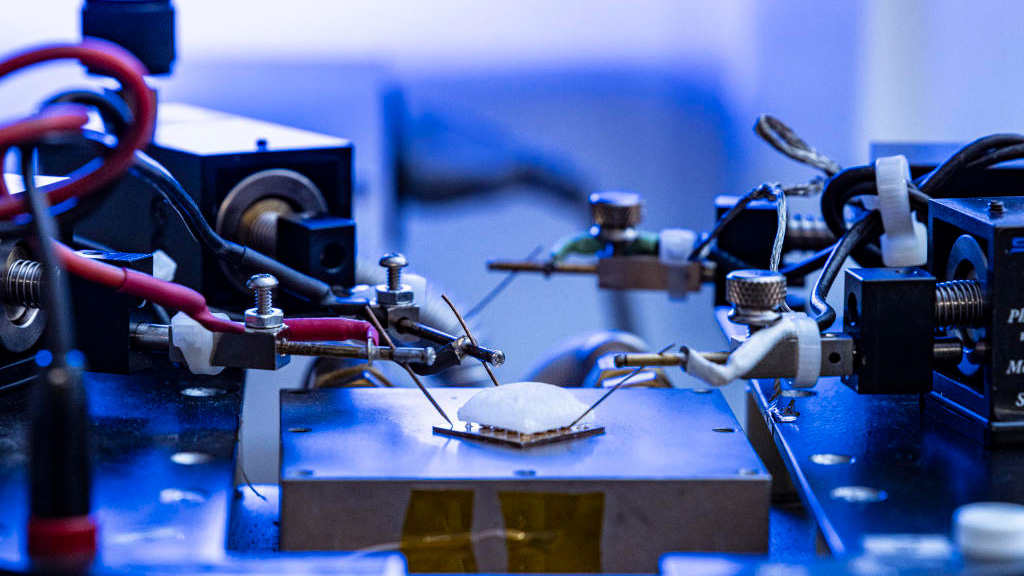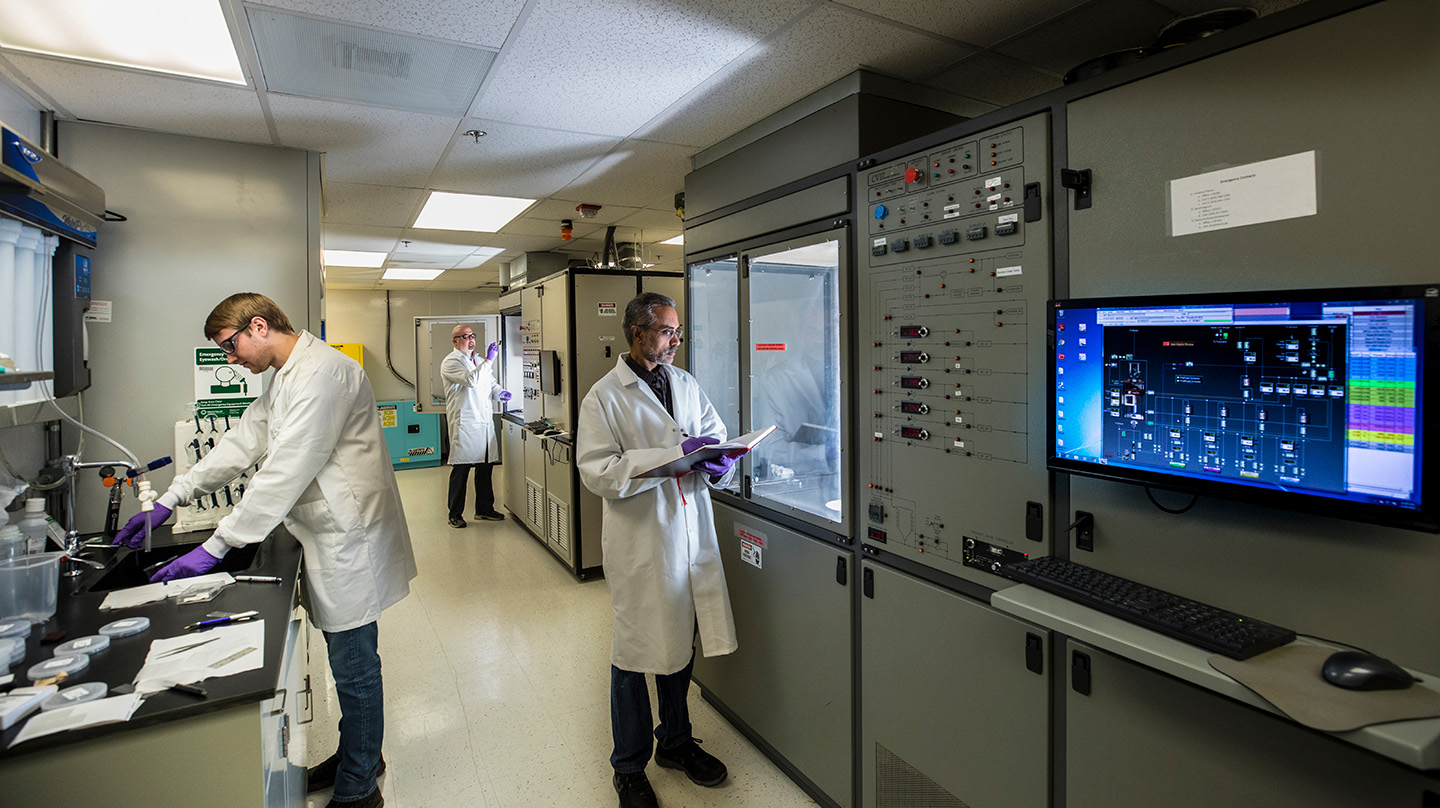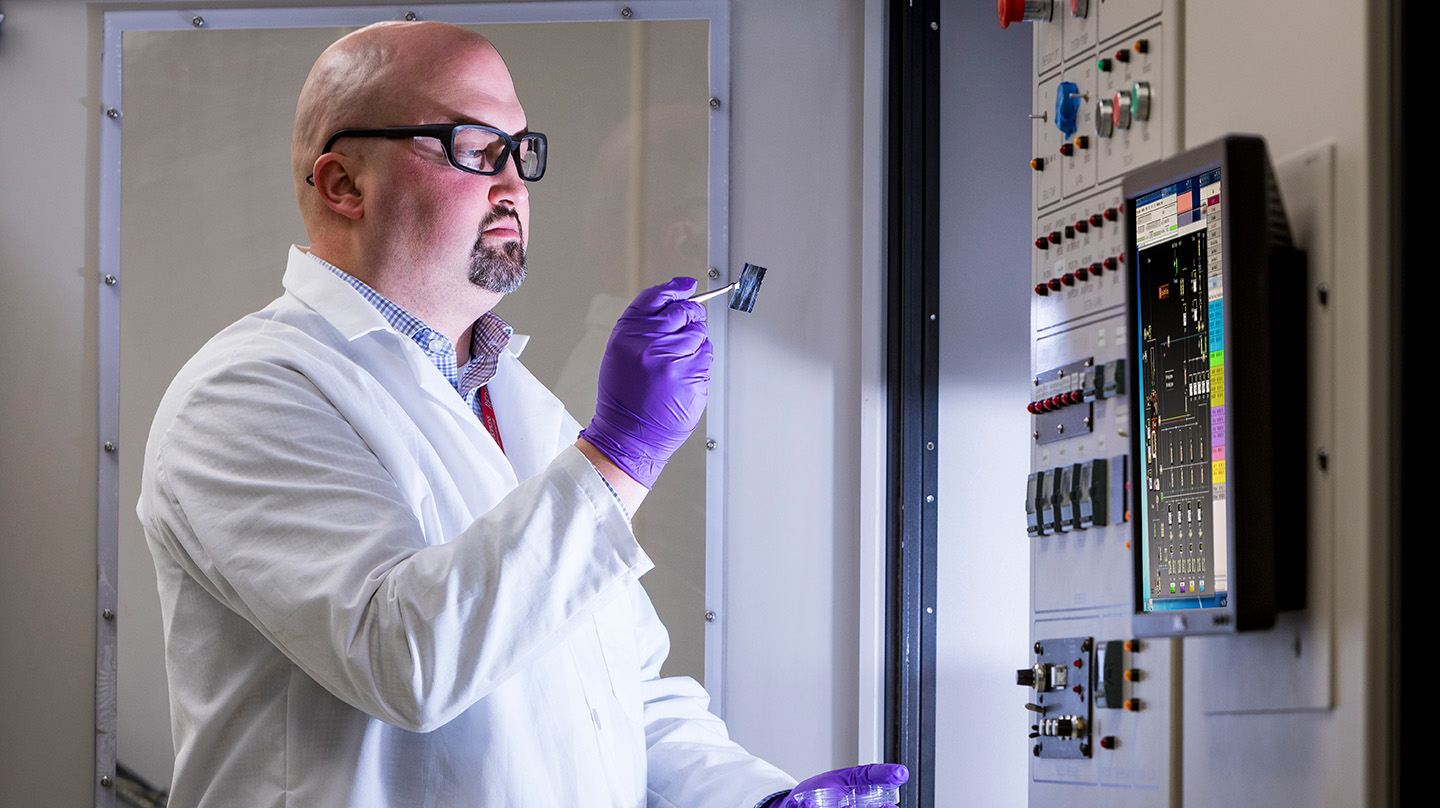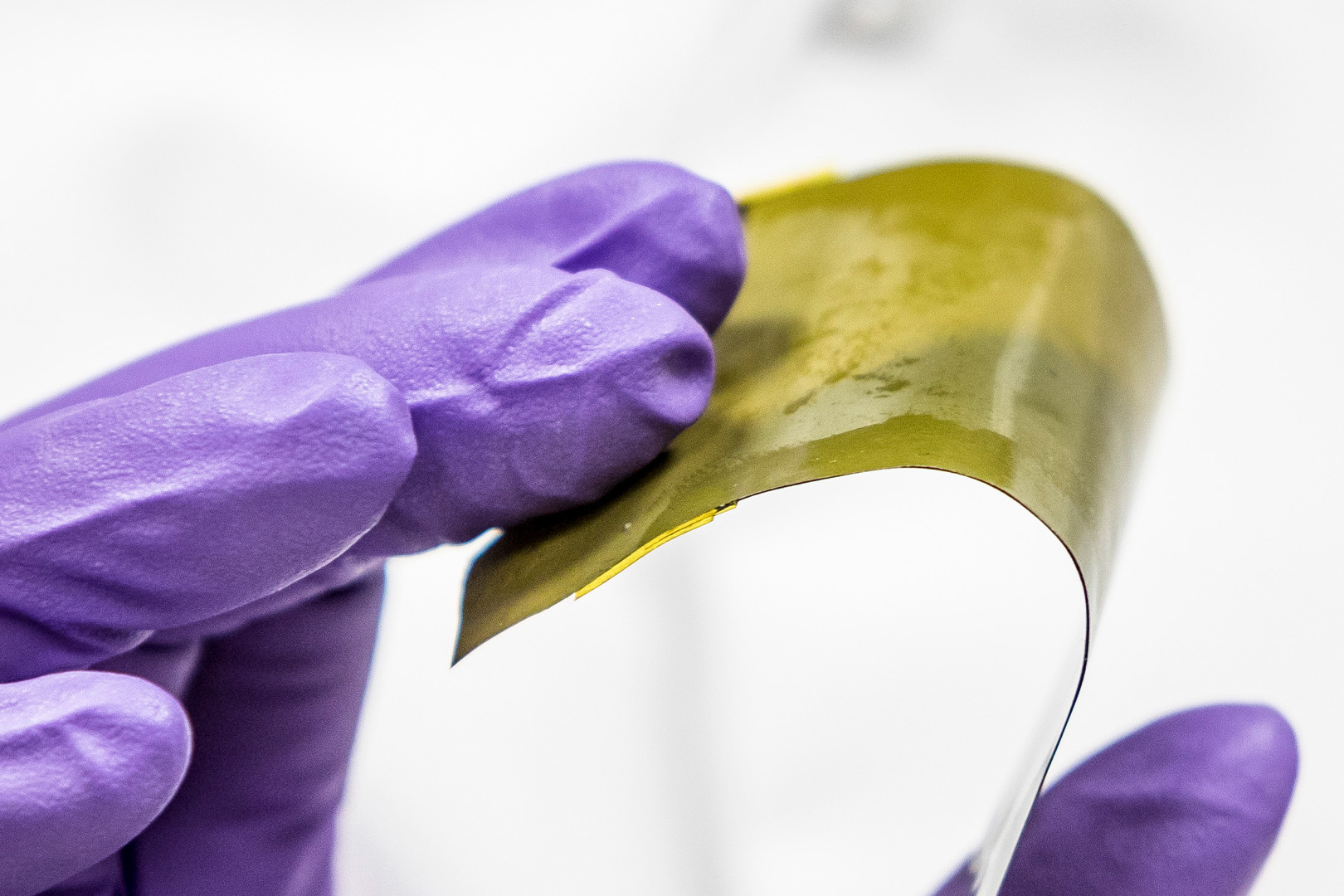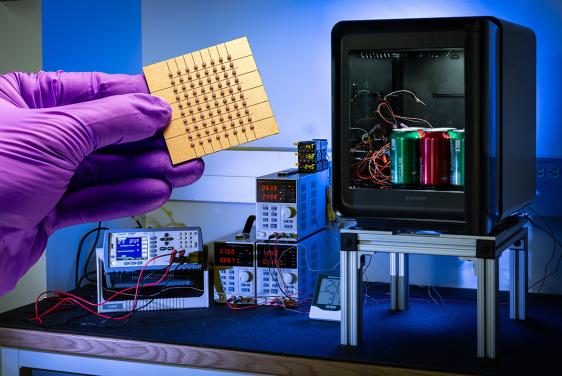News
Nano-engineered Thermoelectrics Enable Scalable, Compressor-Free Cooling
Audio generated using AI voice technology.
Researchers at the Johns Hopkins Applied Physics Laboratory (APL) in Laurel, Maryland, have developed a new, easily manufacturable solid-state thermoelectric refrigeration technology with nano-engineered materials that is twice as efficient as devices made with commercially available bulk thermoelectric materials. As global demand grows for more energy-efficient, reliable and compact cooling solutions, this advancement offers a scalable alternative to traditional compressor-based refrigeration.
In a paper published in Nature Communications on May 21, 2025, a team of researchers from APL and refrigeration engineers from Samsung Research demonstrated improved heat-pumping efficiency and capacity in refrigeration systems attributable to high-performance nano-engineered thermoelectric materials invented at APL known as controlled hierarchically engineered superlattice structures (CHESS).
The CHESS technology is the result of 10 years of APL research in advanced nano-engineered thermoelectric materials and applications development. Initially developed for national security applications, the material has also been used for noninvasive cooling therapies for prosthetics and won an R&D 100 award in 2023.
“This real-world demonstration of refrigeration using new thermoelectric materials showcases the capabilities of nano-engineered CHESS thin films,” said Rama Venkatasubramanian, principal investigator of the joint project and chief technologist for thermoelectrics at APL. “It marks a significant leap in cooling technology and sets the stage for translating advances in thermoelectric materials into practical, large-scale, energy-efficient refrigeration applications.”
